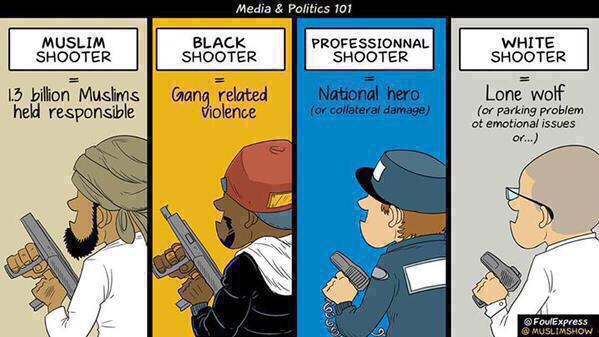In the wake of the political assassination of nine African Americans in Charleston, South Carolina, on June 17 by a white supremacist, racial tensions remain high. Since that incident, seven Black churches in the South have suffered fires, recalling many such incidents in the past.
Charleston
African American activist Bree Newsome made world headlines on June 27 when she scaled the flagpole in front of the South Carolina Statehouse and removed the Confederate flag. Arrested for her efforts, the flag was raised an hour later тАФ but the powerful image went global.
The mass murder of nine African Americans in Charleston, South Carolina, by a white racist on June 17 has been widely denounced. But to understand this hate crime тАФ a terrorist attack тАФ it has to be put into the broader political context.
 The domestic act of terror at a historic African-American Church in South Carolina has quickly been branded as a тАЬhate crimeтАЭ by US officials, and the white man who perpetrated it is described as a тАЬtroubledтАЭ person who was otherwise тАЬsweet and quietтАЭ.
This is a predictable media narrative has to many for whom the racist and white supremacist motives behind the killing are transparent.
The domestic act of terror at a historic African-American Church in South Carolina has quickly been branded as a тАЬhate crimeтАЭ by US officials, and the white man who perpetrated it is described as a тАЬtroubledтАЭ person who was otherwise тАЬsweet and quietтАЭ.
This is a predictable media narrative has to many for whom the racist and white supremacist motives behind the killing are transparent.


